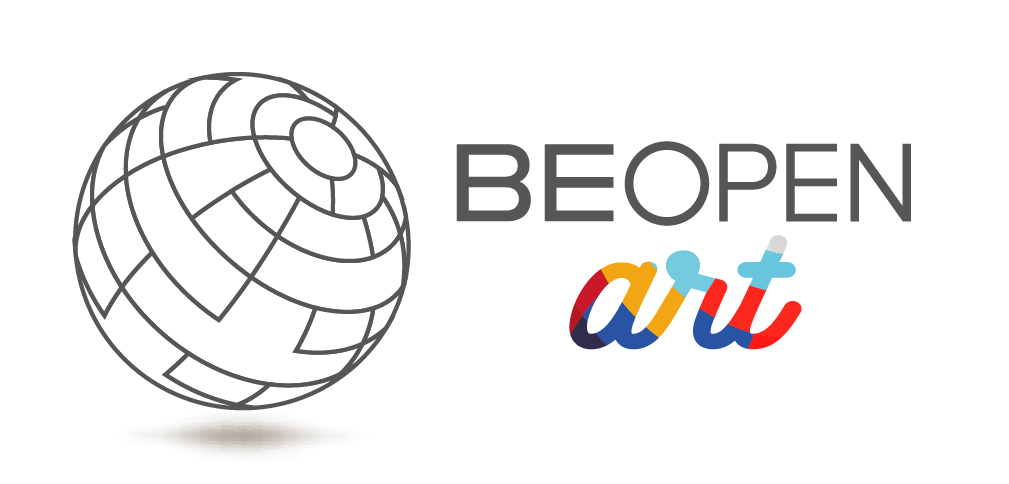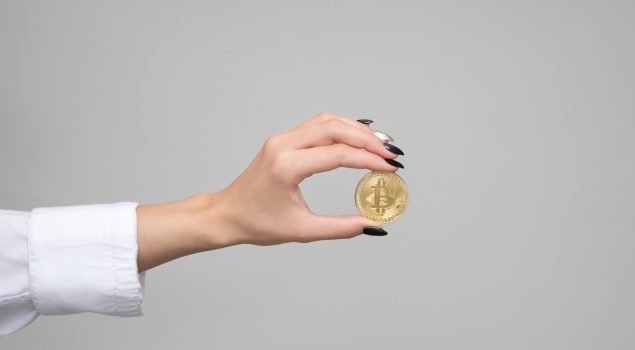Source: Rise Art.
We look at 4 key trends that will determine the future of the art market, for 2019 and beyond.
It’s been an optimistic year for the art market. Dramatic, too. Banksy shredded his ‘Girl With Balloon’ at Sotheby’s, only increasing its value. Meanwhile, tech and strong online sales continue to transform the traditional art world. Here are 4 key trends which will determine the future of the art market, for 2019 and beyond.

Seventeen, Focus section, Frieze London 2016. Photograph by Linda Nylind. Courtesy of Linda Nylind / Frieze.
New technologies, like Artificial Intelligence and Virtual Reality, are changing the way we experience and create art.
1. THE ARRIVAL OF AI
On 25th October 2018 an AI-generated painting, Portrait of Edmond Belamy (below), sold for $432,500 at Christie’s. It was expected to sell for $7,000 to $10,000. The portrait was created by Paris-based collective Obvious, using algorithms and code. It is the first artwork made entirely by AI to go up for sale at a major art auction. This is a trend just taking off.

Portrait of Edmond Belamy (2018) is the first artwork created entirely by AI to be sold at a major art auction.
2. Digital currencies
The art market is starting to embrace blockchain. Blockchain was created to record cryptocurrency transactions on a digital database. As well as registering sale prices, the art world can make use of it by encrypting certificates of authenticity, provenance and cataloguing details. This Autumn, Christie’s partnered with Artory, a blockchain registry for the art market, to record transactions for their sale from The Barney A. Ebsworth Collection.

Could lost provenance and paper trails be a thing of the past? There could be huge benefits to a digital art registry encrypted via blockchain technology.
3. Scroll on
Social media increasingly impacts the art market. Overall, 43% of millennial art buyers reported to be influenced by social media. Younger collectors covet Instagram, in particular, as a platform for finding art. It’s no surprise then that there has been a noticeable increase in buyers using mobile devices when collecting art, which climbed from 4% in 2015 to 20% in 2018 (Hiscox Online Art Trade Report 2018).

Social media continues to influence the art market.
4. Destination art fair
From Art Dubai to Miami Beach, art fairs are trending across the globe. Increasingly, fairs are collaborating with partners, including museums and magazines, to offer platforms for discovery, debate and collecting. Typically taking place across several days, they have become a destination for collectors, dealers and a globalising art market.

David Zwirner, Frieze London 2018 Photo by Linda Nylind. Courtesy of Linda Nylind/Frieze.
From Art Basel to Hong Kong, fine art fairs are trending across the world.








